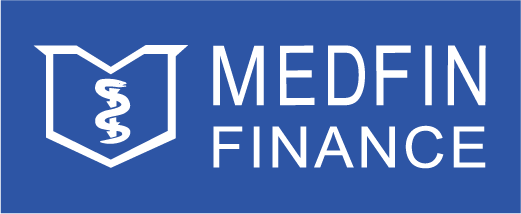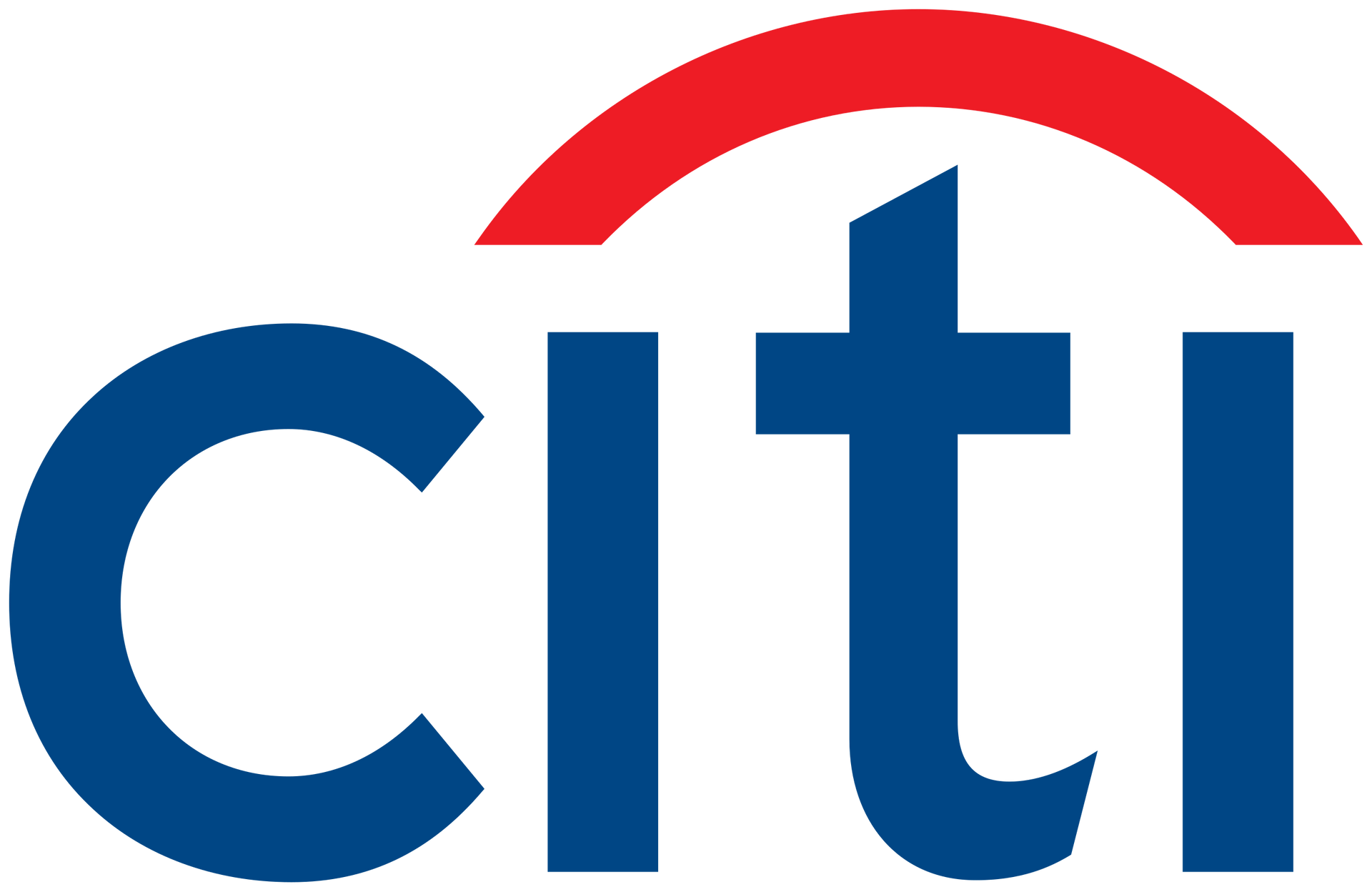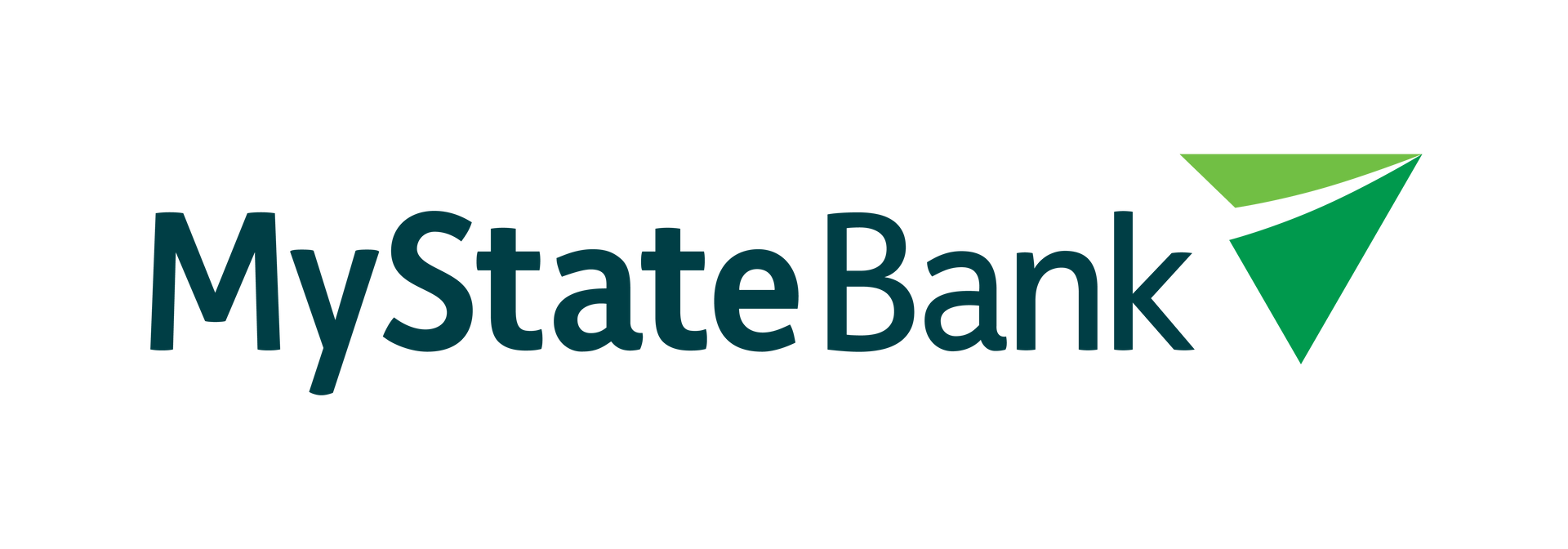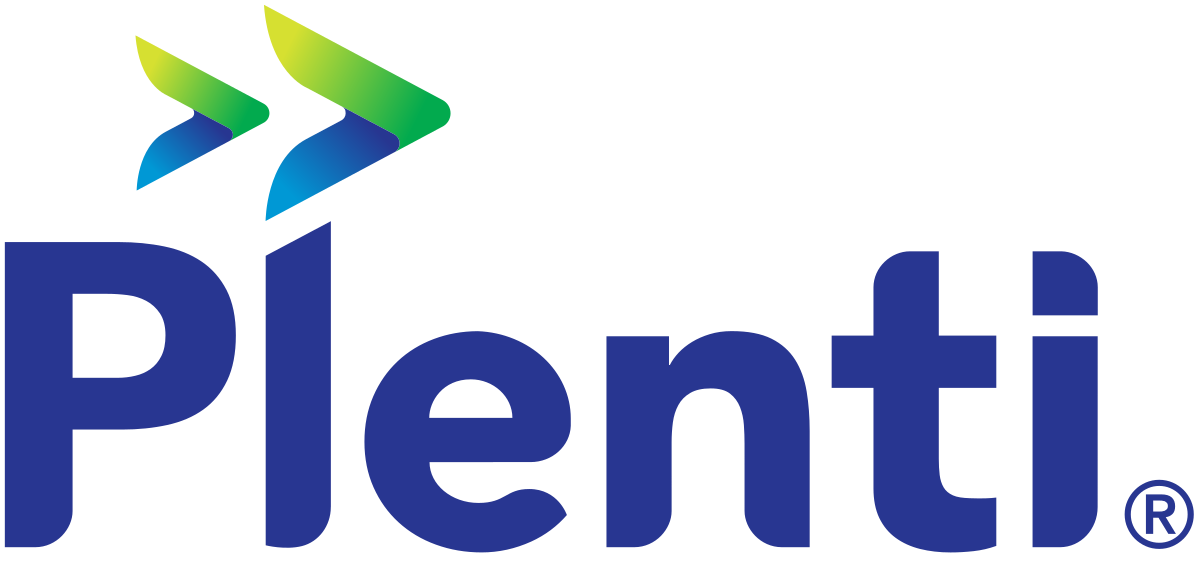Different Types of Car Loans
It’s not until you’re without a car that you notice how inconvenient it is. Whether your vehicle has broken down, you need to upsize for that growing family or you are looking to expand your commercial fleet, a car loan is a great way to get the keys to a new ride without the upfront cash.
In this blog, we explore the different types of car loans to help you make an informed decision towards purchasing your new vehicle.
Standard Car Loans
A standard car loan is the most straightforward type of car financing. It involves borrowing a fixed amount of money to purchase a vehicle, which is then repaid over an agreed period, plus interest.
Pros:
- Fixed interest rates provide predictability in repayments
- Flexible loan terms, typically ranging from one to seven years
- Option to finance the entire purchase price
Cons:
- Interest rates can be higher than other financing options
- The car is often used as collateral, risking repossession if payments are missed
Commercial Hire Purchase (CHP)
Commercial Hire Purchase is a commercial finance product where the customer hires a car from the lender for a fixed period. Ownership is transferred to the customer once all terms of the agreement, including the final payment, have been met.
Pros:
- Fixed monthly repayments make budgeting easier
- Potential tax benefits for businesses, such as deductions for interest charges and depreciation
Cons:
- The borrower does not own the vehicle until the final payment is made
- Generally, more suitable for business customers
Finance Lease
A finance lease is a commercial agreement where the lender purchases the vehicle and leases it to the borrower. The borrower makes regular lease payments to use the vehicle and has the option to purchase it at the end of the lease term.
Pros:
- Immediate access to a vehicle without a significant upfront payment
- Lease payments are tax-deductible for businesses
Cons:
- Total cost over the lease term can be higher than other financing methods
- The borrower does not own the vehicle during the lease term
Novated Lease
A novated lease is an arrangement made between an employer, an employee and a finance company. The employer makes lease payments on behalf of the employee, deducted from the employee's pre-tax salary.
Pros:
- Reduces taxable income, potentially lowering tax liability
- Flexible end-of-term options, including refinancing or purchasing the vehicle
Cons:
- Tied to employment; changing jobs can complicate the agreement.
- May come with higher insurance premiums
Operating Lease
An operating lease is similar to renting; the borrower pays to use the vehicle for a predetermined period without the intention of ownership. At the end of the lease, the vehicle is returned to the lender.
Pros:
- No residual risk; no need to worry about the vehicle's market value at the end of the lease
- Often includes maintenance and servicing, reducing unexpected costs
Cons:
- No equity is built on the vehicle as there is no option to purchase
- Can be more expensive in the long run compared to buying a car
Chattel Mortgage
A chattel mortgage is a commercial loan product where the borrower takes ownership of the vehicle at the time of purchase, and the lender uses the vehicle as security for the loan.
Pros:
- Immediate ownership of the vehicle
- Potential tax benefits, such as claiming GST and depreciation
Cons:
- The vehicle is used as security, risking repossession if repayments are not made
- Generally restricted to business customers
Secured vs Unsecured Car Loans
Understanding the difference between secured and unsecured car loans is crucial when choosing the best financing option for your unique circumstances. A secured car loan is where the lender uses the vehicles as security against the loan. Meaning if payments are missed they may repossess the car. An unsecured car loan is where the lender doesn’t require any collateral against the loan.
Secured Car Loans:
- Generally lower interest rates, as the loan is secured against the vehicle
- The lender can repossess the vehicle if repayments are not made
Unsecured Car Loans:
- Higher interest rates due to the increased risk to the lender
- No collateral is required, offering more flexibility in vehicle choice
Conclusion
Choosing the right type of car loan requires careful consideration of your financial situation, vehicle needs and long-term goals. By understanding the pros and cons of each loan type, you can make an informed decision that best suits your circumstances.
For more information on car loans, get in touch with the finance brokers at Your Advisor Group.
Written By Tyler Cornish
Tyler is the principal mortgage broker at Your Advisor Group and has been in the industry for nine years. His experience and knowledge allow YAG’s clients to receive the highest chance of loan approval. Having helped all types of clients from first home buyers to experienced investors, Tyler takes the time to educate all his customers throughout their loan applications.
Our Lending Partners


















Contact Our Brokers Today
Thank you for contacting YAG: Your Advisor Group.
We will get back to you as soon as possible.
Please try again later.
Site Links
Home Loans
Business Finance
Your Advisor Group Pty Ltd ACN 631535236 is authorised under LMG Broker Services Pty Ltd ACN 632 405 504 Australian Credit Licence 517192
Privacy Policy |
Terms and conditions
The information provided on this site is on the understanding that it is for illustrative and discussion purposes only. Whilst all care and attention is taken in its preparation any party seeking to rely on its content or otherwise should make their own enquiries and research to ensure its relevance to your specific personal and business requirements and circumstances. Terms, conditions, fees and charges may apply. Normal lending criteria apply. Rates subject to change. Approved applicants only.
1There may be occasions where you may be charged a fee by your broker.
2Your broker is able to assess each lender's approval times and identify those that can provide approval quickly, however this is subject to change and can vary significantly based on how complex is your loan application and how quickly you’re able to provide the information we need.
3Not all lenders are available to all brokers. The exact details of the lenders your broker has access to is disclosed within the Credit Guide your broker gives to you when providing credit assistance or is available upon request.
All Rights Reserved | Your Advisor Group


